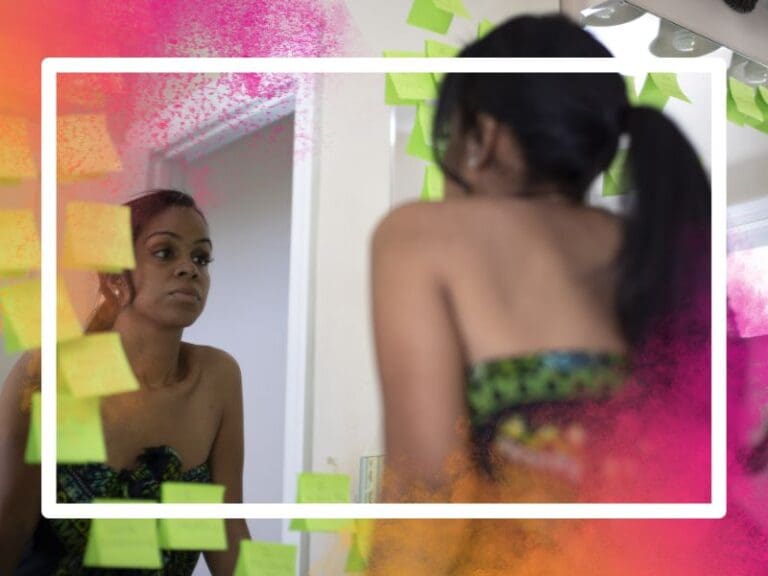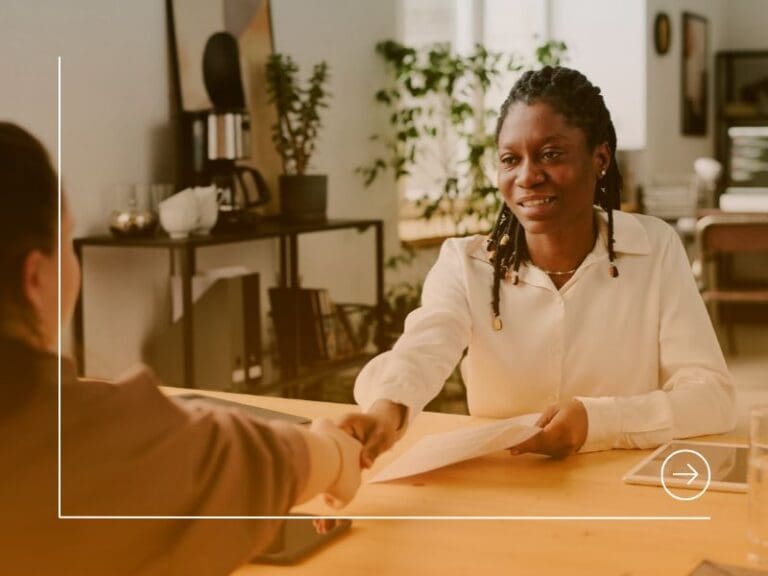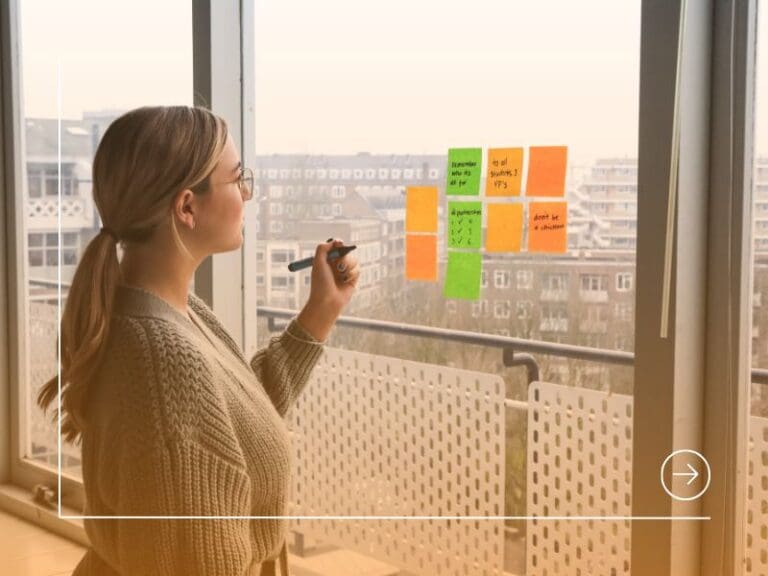Tjitske de Vries is a Community Content Manager at Malwarebytes.
 She studied Physiotherapy in Groningen, Netherlands in the early 2000s. Feeling restless and not at home in her “home country”, Tjitske moved to New Zealand for a year where she travelled for 5 months and worked as a barista the remaining time.
She studied Physiotherapy in Groningen, Netherlands in the early 2000s. Feeling restless and not at home in her “home country”, Tjitske moved to New Zealand for a year where she travelled for 5 months and worked as a barista the remaining time.
Tjitske then moved to Ireland and was introduced to the technology sector. She worked in technical support for years, both in Ireland and in Barcelona. After a brief stint as a (games) translator and a local council elections candidate, she has found her home at Malwarebytes, where she worked as a Technical Support Specialist, a Social Media moderator, an Advocacy Program Manager, and now a writer and host of our “It’s Safe to Ask” biweekly Facebook Live, experiences that resonate with the inspirational journey of leaders featured in the Spotlight Series: Neha Sampat, CEO, Contentstack.
Years ago Tjitske co-founded the Women in Tech community here at Malwarebytes, where they emphasise inclusivity, diversity, normalize mental health discussions, and offer support.
What’s your degree? Where did you study? Where do you work?
These are the icebreakers of adulthood. At parties, panels, and meeting people for the first time, these questions are often amongst the first asked. Most of the time, they come from a place of interest, but for anyone who hasn’t followed the ‘normal’ path, they can sometimes land with a sting. Something that feels harmless at first but takes root anyway.
That’s how impostor syndrome works for me. It behaves like Japanese knotweed – deceptively ordinary at first glance, but quietly destructive beneath the surface. Japanese knotweed is an invasive species that spreads quickly, forcing its way through concrete, foundations, even the walls of buildings. You think you’ve cleared it, then it resurfaces stronger, more tangled and more entrenched. It finds the weak points and presses into them. And no matter how many times you dig it up, it always seems to return. Most of the time, I can feel the knotweed coming. But even with all the signs, when it finally surfaces, it still knocks me flat.
One minute I’m in control – the next, I’m on the kitchen floor, with my head in the lap of my supportive husband, while my little one is blissfully dancing to ’Meet me at the APT’ – the song that’s currently haunting my dreams.
The root cause
I’ve never had a degree. I didn’t come through a graduate programme or follow a neatly laid career path. I started on the phones in support and carved my way forward. I’ve become a community content manager, I’ve built successful advocacy programmes, co-founded our Women in Tech group, and hosted countless livestreams to spotlight the people behind our product.
I even ran for city councillor on a shoestring budget on a human rights ticket.
There’s no shortage of things I’m proud of. But the knotweed in my brain doesn’t care about that. It isn’t impressed by progress. It clings to the old story, “You don’t have a degree. You don’t deserve recognition. You don’t belong here.”
New chapter, same noise
Then I became a mother, and that voice doubled down.
Parenthood, especially as a working mother, brings its own thick undergrowth of judgement. You’re too ambitious or not committed enough. Too soft or too tough. Too visible or not present enough. The goalposts move, but the pressure doesn’t ease.
Impostor syndrome found new roots in that experience. It twisted itself around every decision and every emotion – turning care into self-doubt, love into guilt, tiredness into shame.
Learning to grow anyway
There’s a scene in Knock Down the House where Alexandria Ocasio-Cortez is practicing her speech by saying, over and over again, “Take up space.”
Some days, it takes that type of mantra or reminder. Ultimately, you can’t permanently uproot impostor syndrome. Like knotweed, it doesn’t respond well to being hacked away. It just regrows. You can build a concrete wall around it, fortified with steel, and it will still Hulk-smash its way out of there. But each time it does, I rebuild.
That starts with acknowledging the wins, even when they feel too small to matter. I make space for those moments of progress, however brief or quiet. I speak openly when the self-doubt flares up, because every time I do, I’m reminded that I’m not the only one who feels this way.
I try to lead with what I know and love, rather than second-guess whether I have a ‘right’ to share it. I take up space with purpose.
I’ve stopped measuring everything against perfection. I haven’t lowered the bar, but I’ve adjusted the definition of success, so I can actually see the things I’ve accomplished, instead of rushing past them.
And perhaps most importantly, I’ve learned to be kind to myself. When the voice creeps back in, I try not to react out of fear. I recognise what’s happening, give it a name, and respond with something closer to compassion than criticism.
Still standing
My Japanese knotweed still has a way of creeping back in. I no longer expect it to disappear entirely, but I’ve stopped letting it dictate how I see myself or what I’m capable of.
Each time it pushes through, I respond with a little more clarity and a little more confidence. I’ve built something solid, not perfect, but considered and consistent – and that foundation is harder to shake than it used to be.
The most important lesson is knowing the difference between something that’s rooted in fact, and something that’s simply trying to take hold.








